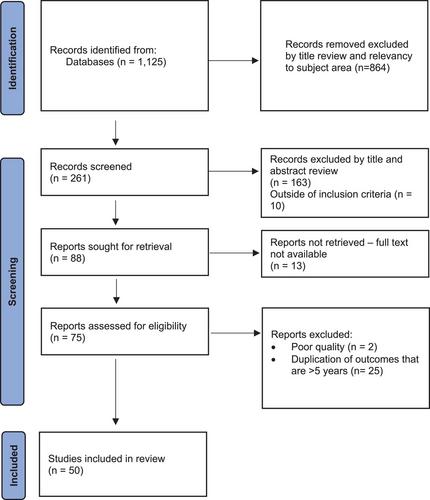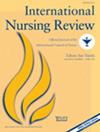Nursing and Midwifery's Impact on Health Policy Development: A Literature Review
Abstract
Aim
This study explores how nursing and midwifery can enhance their influence on health policy development and identifies strategies to optimize their impact on global health systems.
Background
Nurses and midwives, the largest group of healthcare professionals, play vital roles in healthcare delivery but remain underrepresented in health policy development. Historical barriers, gendered power dynamics, and systemic limitations hinder their meaningful involvement, despite their critical role in care provision. Addressing these issues is crucial to unlocking their potential to improve health systems worldwide.
Methods
A literature review was conducted, analyzing research, policy reports, editorials, and commentaries from 2013 to 2023. Key barriers, enablers, and strategies to enhance nursing and midwifery's role in health policy were identified through database searches and reference checks, with thematic analysis used to synthesize findings.
Findings
The review identified several barriers to nursing and midwifery's involvement in health policy, including power imbalances, limited policy education, and insufficient organizational support. Current literature often focuses on individual experiences but overlooks broader systemic factors, such as the roles of key policy actors, regulations, and technologies. Strategies to enhance participation include integrating health policy into nursing curricula, leadership programs, and strengthening professional associations. A more nuanced, multifaceted approach is needed to address these barriers and encourage policy engagement.
Discussion
To empower nurses and midwives, future research should adopt frameworks like Actor Network Theory to consider the broader context of health policy development. Strategies must focus on education, tackle power imbalances, address gender dynamics, and promote collective action through professional organizations.
Conclusion and Implications for Nursing and/or Health Policy
Nurses and midwives must be recognized as essential contributors to health policy. By addressing systemic barriers and implementing comprehensive strategies, nursing and midwifery can shape policies that reflect care delivery realities and improve global health outcomes. Future research should adopt a broader approach, incorporating the full spectrum of actors and systemic factors in health policy development.


 求助内容:
求助内容: 应助结果提醒方式:
应助结果提醒方式:


